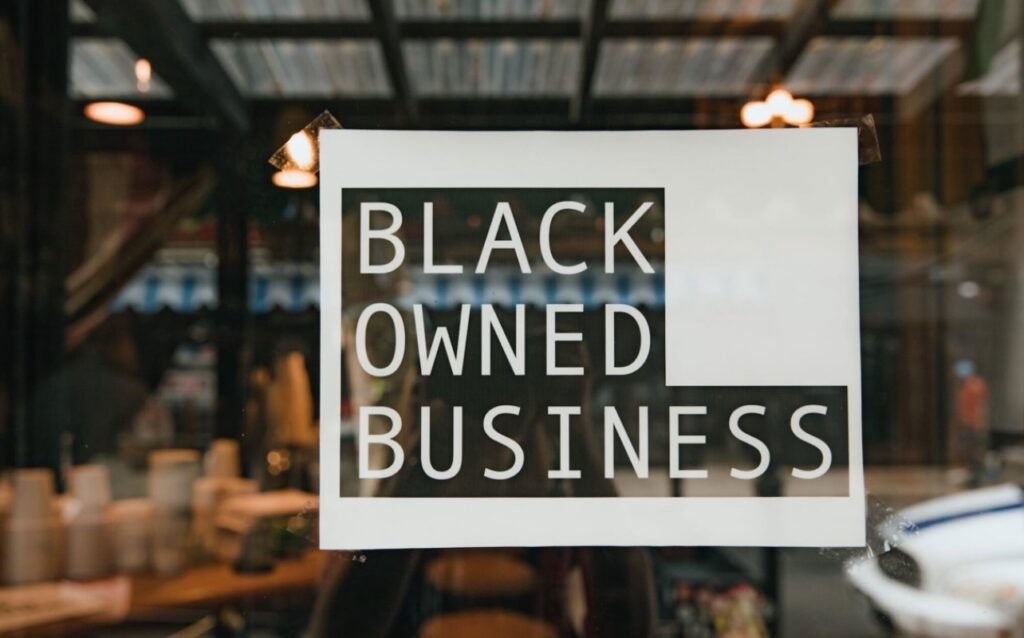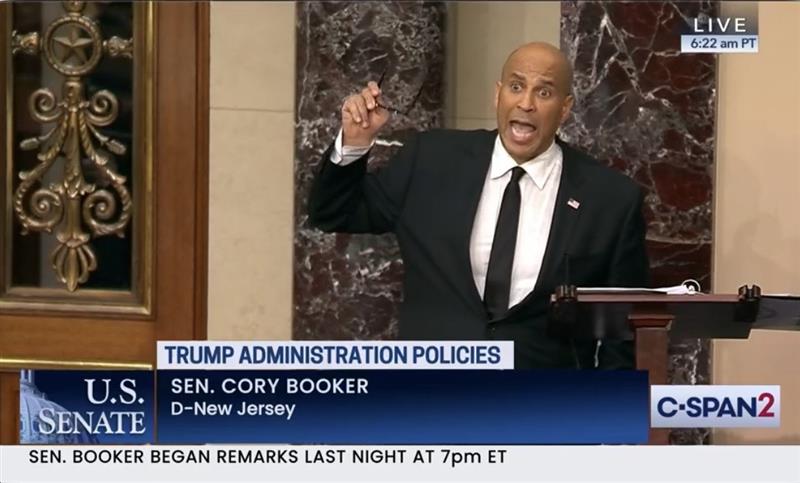Today is ‘Liberation Day’: What does that mean for tariffs?
President Trump is set to unveil his highly anticipated “reciprocal tariffs” today in what his administration has dubbed “Liberation Day,” a move that economic experts warn could significantly impact Black communities and American consumers nationwide. The Tariff Plan The tariffs, which would tax imported goods from various countries, are being marketed by the Trump administration [...]

President Trump is set to unveil his highly anticipated “reciprocal tariffs” today in what his administration has dubbed “Liberation Day,” a move that economic experts warn could significantly impact Black communities and American consumers nationwide.
The Tariff Plan
The tariffs, which would tax imported goods from various countries, are being marketed by the Trump administration as a way to bring in foreign revenue for U.S. tax cuts and deficit reduction while boosting domestic manufacturing. However, the plan has sparked serious concerns among economists and market analysts.
According to estimates from the Yale Budget Lab, these tariffs could cost the average American consumer between $2,700 and $3,400 annually in higher prices for everyday goods – a substantial financial burden for many families already struggling with rising costs.
“These tariffs will effectively act as a regressive tax that disproportionately impacts lower and middle-income Americans, including many in Black communities who are already facing economic challenges,” explained Dr. Maya Richardson, economics professor at Howard University.
Market Uncertainty
The uncertainty surrounding these tariff policies has already disrupted financial markets. The S&P 500 stock index just closed its worst quarter since 2022, while consumer confidence has plummeted to a 12-year low.
While specific details remain scarce, Press Secretary Karoline Leavitt recently displayed a chart highlighting steep tariffs from Japan, Mexico, Canada, and the European Union, potentially signaling which countries might be targeted first.
Softening Stance?
Despite initially promising to mirror other countries’ tariffs on U.S. goods, Trump appears to have moderated his position slightly in recent days.
“They took advantage of us,” Trump told reporters on Monday. “And we are going to be very nice by comparison to what they were. The numbers will be lower than what they’ve been charging us and, in some cases, maybe substantially lower.”
Community Impact
For Black-owned businesses that rely on imported materials or components, these tariffs could create additional challenges in an already difficult economic environment.
Local business owner Jamal Washington, who runs a furniture store in Atlanta, expressed concern: “We source some of our materials internationally. If these costs go up, we either have to raise prices for our customers or cut into our already thin margins.”
What To Watch For
Economic analysts suggest paying attention to:
- Which specific countries and products will be targeted first
- How quickly the tariffs will be implemented
- Potential retaliatory measures from affected countries
- Impact on prices for consumer goods, especially food and electronics
BLKALERTS will provide immediate updates once the official announcement is made. Download the BLKALERTS app for breaking news notifications.
Follow this developing story on unmutednews.com and stay informed with our ongoing coverage of economic policies affecting Black communities.












